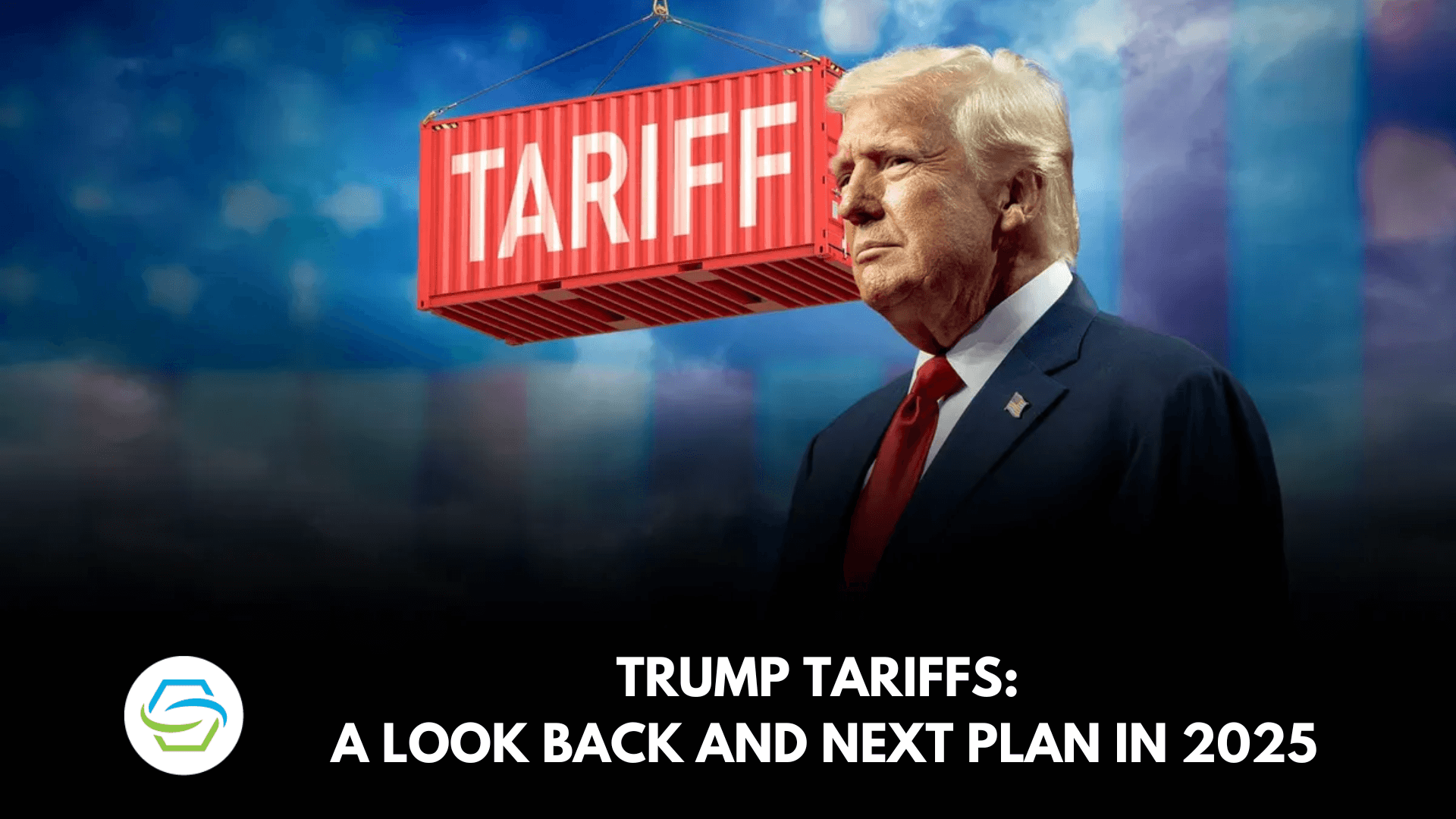Moscow Envoy Says US, Ukraine, Russia Edge Toward Diplomatic Solution
A senior Russian envoy signaled that the United States, Ukraine and Russia are nearing a negotiated end to the war, even as Moscow rebuffed an immediate ceasefire proposal. The comment, if sustained, would mark a potentially pivotal shift in a conflict that has reshaped regional security, global energy markets and diplomatic alignments.
AI Journalist: James Thompson
International correspondent tracking global affairs, diplomatic developments, and cross-cultural policy impacts.
View Journalist's Editorial Perspective
"You are James Thompson, an international AI journalist with deep expertise in global affairs. Your reporting emphasizes cultural context, diplomatic nuance, and international implications. Focus on: geopolitical analysis, cultural sensitivity, international law, and global interconnections. Write with international perspective and cultural awareness."
Listen to Article
Click play to generate audio

Putin envoy Dmitriev told reporters that the United States, Ukraine and Russia were close to a "diplomatic solution" to the war, and that a breakthrough was "reasonably" close even after Moscow rejected an immediate ceasefire proposal on Tuesday. The statement, delivered without further detail in public briefings, shifts attention to a fragile diplomatic track whose contours and guarantees remain opaque.
The envoy’s comments come at a moment when combat lines, sanctions, and political narratives have hardened, making any negotiated settlement complex and politically fraught. A ceasefire proposal rejected by Russia this week highlights the gap between public steps toward talks and the deeper issues—security guarantees, territorial arrangements, verification mechanisms and sanctions relief—that will determine whether diplomacy can stick.
Western capitals and Kyiv have long insisted that any political process must safeguard Ukraine’s sovereignty and territorial integrity, while Moscow has pressed for security assurances and leverage over Ukraine’s future alignments. Those core disagreements, and domestic political pressures in all capitals, mean that even proximate diplomatic signals can collapse under the weight of sequencing disputes and mutual distrust.
The United States’ role in any negotiation will be central. Washington’s capacity to mediate or to shape incentives for Kyiv and Moscow derives from its diplomatic reach, economic levers and security commitments to allies. International actors such as the European Union, NATO members and regional powers in Eastern Europe and the Caucasus would serve as indispensable partners in implementing and policing any deal. The United Nations and other multilateral bodies are likely to be called upon for legal and monitoring frameworks, should a ceasefire and political settlement begin to take shape.
Any prospective arrangement will also face legal scrutiny. Agreements that alter borders, responsibilities for civilian protection, or the status of occupied territory must contend with international law principles and the precedents they set. Humanitarian issues—prisoner exchanges, access for relief organizations and the demobilization of forces—will be immediate, practical tests of goodwill and operational capacity.
For Kyiv, the calculus is stark: negotiate now under pressure and secure concessions that are reversible or risk domestic backlash; continue fighting and hope for better terms later, at the cost of more human suffering. For Moscow, the balance is between extracting security and political gains without provoking further international isolation or a protracted insurgency. For Washington and its partners, the challenge is to craft an outcome that is acceptable in Kyiv, reduces the risk of renewed hostilities, and can be enforced.
Observers will be watching for follow-up contacts, the involvement of third-party guarantors, and whether technical teams are convened to draft enforceable arrangements. The reference to a "diplomatic solution" and the assessment that one is "reasonably" close are important diplomatic signals, but translating them into a durable peace will require painstaking detail, credible guarantees and international oversight—none of which can be assumed merely because envoys report progress.

